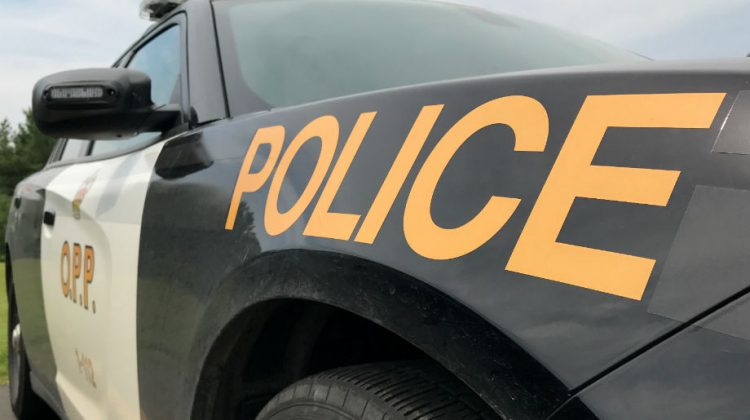The Stormont Dundas and Glengarry Ontario Provincial Police (OPP) are concerned with All Terrain Vehicle (ATV) usage and people not obeying the laws on Highways, including the 401.
Police say recent incidents in the region prove that off-road vehicles (ORV) can be extremely dangerous if not used in a safe and responsible manner.
The OPP say some of the rules that apply to ATVs operated on approved roads include:
- Approved helmets must be worn and securely fastened.
- The ATV is designed for the driver only and passengers are not allowed on roads.
- Roadway speed limit is 50 kilometres an hour or less – The speed limit for ATV’s is 20 kilometres an hour
- Roadway speed limit is over kilometres an hour – The speed limit for ATV’s is 50 kilometres an hour
- Head and tail lights must be on at all times.
- The operator must follow all the rules of the road like signaling all movements.
- Brake lights are required on all ATVs manufactured after 1998.
- ATV’s must have four wheels and steering handle bars.
- ATV’s can only be operated on the shoulder of approved roads and only use the traveled portion of the road if the shoulder is not there or obstructed.
- An ORV licence plate must be displayed and not obstructed on the rear of the ATV.
- A driver’s G2 or M2 drivers licence is required to operate.
More rules that ATVs must follow on roadways can be found here under the Highway Traffic Act, Ontario Regulation 316/03 and the Off Road Vehicles Act.
The OPP say rules for ORVs like dirt bikes, gators and all similar vehicles include:
- Always wear an approved helmet and make sure it is securely fastened.
- Never operate while intoxicated by alcohol or drugs.
- Read the instruction manual and obey warning labels and stickers on the ATV.
- One person ORVs are not designed for passengers and it’s dangerous to operate a one person ORV with a passenger.
- ORV head lights are generally not as bright as car lights and operators should not over drive their head lights at night.
- Speed should be adjusted to different terrain conditions.
- Check with the local municipal office to ensure what roads are approved.
- Make sure you’re ORV is registered, plated and insured.
The OPP say ORVs are generally prohibited on maintained roads unless the Province or Municipality has passed a by-law approving it. It is the responsibility of the operators to find out which roads are approved.


